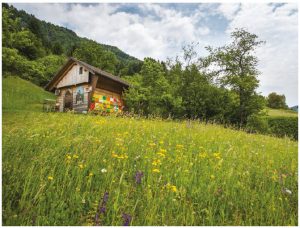
After more than three years of lobbying by 155 United Nations member states, including Canada, the United Nations General Assembly adopted a resolution declaring May 20 World Bee Day. Every year, this occasion will draw the global public’s attention to the importance of preserving bees and other pollinators.
People will be reminded of the crucial role bees play for humanity. And this formal day of recognition will invite us to take concrete action to preserve and protect them. The resolution was initiated by Slovenia and supported by all European Union countries. It is a joint step towards the elimination of hunger, poverty and towards environmental conservation.
Bees and other pollinators — such as flutter-wing flies, butterflies, wasps, bats, hummingbirds and lizards — are priceless when it comes to ensuring the global security of the food supply chain. Because they pollinate agricultural plants, they are critical to the jobs and incomes of farmers, particularly small family farms in developing countries. Aside from their critical role in food security and sustainable development, bees also have an important role in nature conservation. After all, four out of five plants require pollination, so bees and other pollinators are essential to keep the ecosystem functioning. It’s easy to see Slovenia’s motivation to bring forward this resolution.
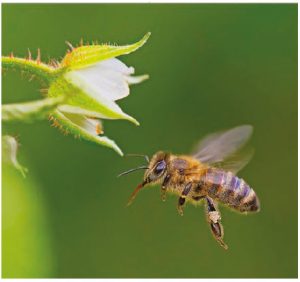
Rich beekeeping heritage
Historical records show that the land mass now known as Slovenia has been practising beekeeping for centuries. The first records of Slovenian beekeeping can be found in The Glory of the Duchy of Carniola by Janez Vajkard Valvasor, dating from 1689. In his work, Valvasor discusses the prevalence of beekeeping and the use of honey wine, also known as mead, in Slovenia. In the Middle Ages and during the time of the Empress Maria Theresa in the 18th Century, the beekeepers paid their taxes in honey as well as wax, which they used to produce candles.
Maria Theresa was fond of beekeeping and she issued a decree on the establishment of a beekeeping school in Vienna. Meanwhile, Slovenian Anton Janša was recognized as the first teacher of beekeeping and a pioneer of modern beekeeping. He wrote two important works, including Discussion on Beekeeping (1771) and A Full Guide to Beekeeping (1775), which represented the apex of professional expertise at the time.
We celebrate his May 20, 1734, birthday each year, which was the inspiration for the Slovenian Beekeepers’ Association’s proposal that World Bee Day be held on that day.
Association president Boštjan Noč, who promoted the World Bee Day initiative, made a compelling argument: “I believe we all agree that every human being on this planet deserves food every day. We have to produce more food every day, and every day more food is dependent on pollinators — with honey bees in the lead. To talk about reducing global hunger without ensuring conditions for the survival of bees and other pollinators is simply throwing sand in people’s eyes. It is time for everyone to listen to the bees, in particular the leaders and those [who set policy.]”
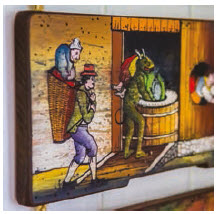
Slovenian initiative: Declare World Bee Day
Slovenia is one of the leading countries in the world in terms of the number of beekeepers per capita — there’s one beekeeper for every 200 citizens. For tens of thousands of Slovenian citizens, beekeeping is a way of life with a long tradition. The bee, in particular the indigenous Carniolan honey bee, is part of Slovenia’s
national identity. Indeed, Slovenia is the only country in the European Union to have introduced legislative protection for these bees through its Livestock Breeding Act. In addition, the ministry of agriculture is working on a national program to protect the bees. In 2011, Slovenia also became one of the first EU countries to prohibit the use of neonicotinoid pesticides, which contain clotiniadine, imidacloprid and thiamethoxam and are harmful to bees.
The proclamation of World Bee Day is only the beginning of a challenging battle to preserve pollinators. To achieve that, we first need to address the governments of all nations, economists and non-governmental organizations. Messages on the urgency to preserve bees must reach every single person. We also need to perform concrete activities to enhance care for bees and the development of beekeeping.
Finally, on the initiative of other countries, Slovenia intends to establish an international beekeeping school where beekeepers from all over the world will be educated, enabling us to spread knowledge of bees and beekeeping to developed and developing countries.
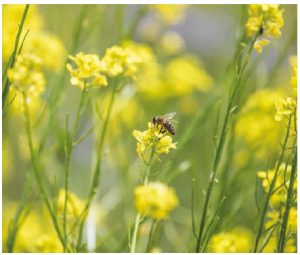
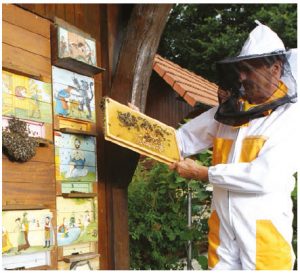
Marjan Cencen is the ambassador of
Slovenia to Canada.





